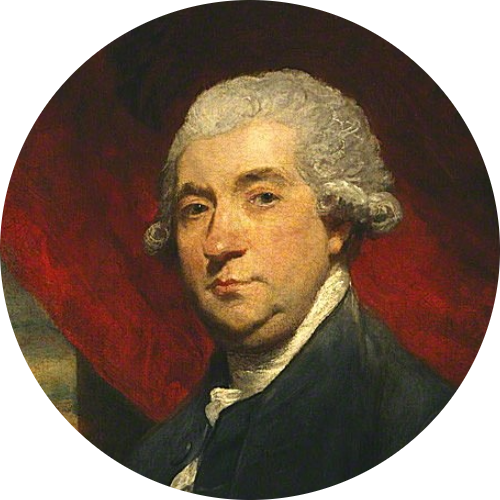"We cannot tell the precise moment when friendship is formed", reads one of the most oft-quoted passages from Boswell's Life of Johnson.
The full paragraph is as follows:
"We cannot tell the precise moment when friendship is formed. As in filling a vessel drop by drop, there is at last a drop which makes it run over; so in a series of kindnesses there is at last one which makes the heart run over."
The quote was originally published in the first edition of The Life of Johnson in 1791 where it appears in connection with Boswell and Johnson's visit to a Dr Butter in Derby. It also appears in the Boswell in Extremes volume of Boswell's journals, as a part of the so-called "Journal of a Jaunt to Ashbourne" (10-27. September 1777), which was used as the basis for the section covering the same period of time in the Life of Johnson.
It is unclear if the quote should be attributed to Dr Johnson or to Boswell himself. It appears in a paragraph where Boswell refers to "having learnt" from Dr Johnson,
"not to think with a dejected indifference of the works of art and the pleasures of life, because it is uncertain and short, but to consider such indifference as a failure of reason, a morbidness of mind. For happiness should be cultivated as much as we can; and the means of it may be steadily and closely considered as of importance when we view them with reference to multitudes in successive ages. Though it is proper to value small parts, as
Sands make the mountain, moments make the year,
yet we must contemplate colletively to have a just estimation of objects. One moment's being uneasy or not seems of no consequence; yet this may be thought of the next, and of the next, and so on, till there is a large portion of misery. In the same way we must think of happiness, of learning, of friendship. We cannot tell the precise moment when friendship is formed. As in filling a vessel drop by drop, there is at last one which makes the heart run over. It will not do to divide the objects of our attention into minute parts and think separately of each part. It is by contemplating a large mass of human existence that a man, while he sets a just value on his own life, does not think of his death as annihilating all that is great and pleasing in the world, as if actually contained in his mind according to Berkeley's reverie." (quoted from Boswell in Extremes], p. 163-164)
This suggests that Johnson, rather than Boswell, coined the actual example concerning friendship in an attempt to warn "the overdramatizing Boswell not to make too much of any one moment", as Gurion Taussig puts it in "Coleridge and the Idea of Friendship, 1789-1804" (p. 62).
